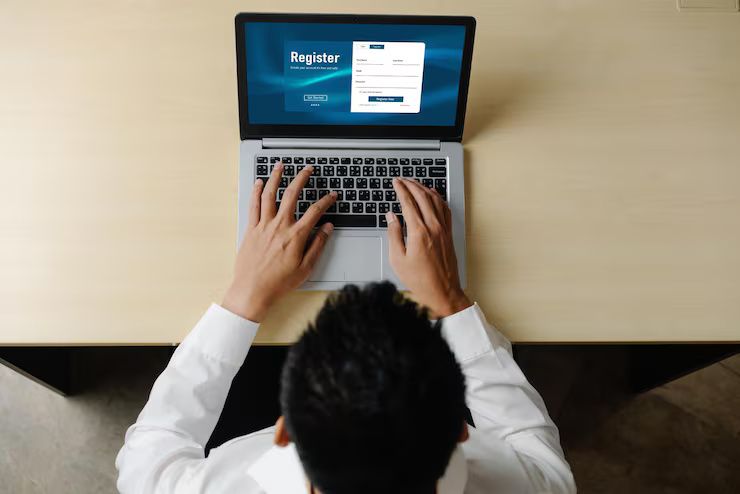An IP address (Internet Protocol address) is a unique number assigned to every device connected to the internet or a local network. It functions like a digital address, helping computers identify and communicate with each other.
There are two main types of IP addresses:
-
Public IP address: Assigned by your Internet Service Provider (ISP) and visible to websites and services.
-
Private IP address: Used within home or office networks, not visible outside the local network.
Understanding your IP address can help with troubleshooting internet issues, setting up networks, gaming, security, or accessing location-specific services.
Why checking your IP address is useful
Knowing your IP address is helpful in many everyday scenarios:
-
Troubleshooting internet or network issues.
-
Setting up routers, VPNs, or remote access tools.
-
Securing your devices against unauthorized access.
-
Tracking online activity for performance or analytics.
-
Accessing region-specific services like streaming platforms or websites.
Both students and professionals may need to check their IP to set up virtual classes, remote work tools, or online collaboration platforms.

Recent trends and updates (2024–2025)
In recent years, IP address visibility and privacy have become more prominent issues due to rising concerns about data tracking and geolocation. Here's what's new:
| Update | Date | Details |
|---|---|---|
| IPv6 adoption | Ongoing (2024–2025) | More networks now support IPv6, offering better address capacity and security. |
| Browser integrations | 2024 | Browsers like Chrome and Firefox now allow extensions to detect IP and VPN status. |
| Privacy laws | 2024 | IP data collection is under stricter regulations in the EU, USA, and India. |
IP address laws and privacy regulations
Although checking your own IP address is completely legal, how your IP is used or shared is governed by privacy regulations:
-
GDPR (EU): IP addresses are considered personal data. Companies must obtain user consent before storing or processing IPs.
-
CCPA (California): Similar rules apply to businesses collecting IP data in California.
-
IT Rules (India): ISPs must retain IP logs, and services must be transparent about IP tracking.
These laws protect users from unauthorized tracking or misuse of location data based on their IP addresses.
Tools and websites to check your IP address
You can check your IP address in seconds using the tools below:
| Tool/Website | Type | Features |
|---|---|---|
| WhatIsMyIP.com | Online tool | Shows public IP, ISP, location, IPv6/IPv4 info |
| Google Search | Built-in | Type "What is my IP" – Google shows it instantly |
| IP Location.net | Online tool | Displays IP address and geo-location data |
| Browser Add-ons | Extensions | Tools like “IP Address and Domain Info” (Chrome) |
| Command Line | Built-in (Windows/Mac/Linux) | Use ipconfig (Windows) or ifconfig (Mac/Linux) for private IP |
Public vs Private IP addresses
Here’s a quick comparison to understand the differences:
| Feature | Public IP | Private IP |
|---|---|---|
| Visibility | Visible on the internet | Used inside a local network |
| Assigned by | Internet Service Provider | Your router or network admin |
| Example | 49.207.11.32 | 192.168.1.1 |
| Use Case | Browsing the internet | Connecting devices like printers, PCs |
| Tool to check | Online tools | Use command prompt or settings |
Frequently asked questions
1. How do I find my IP address on a computer without going online?
You can open the Command Prompt (Windows) and type ipconfig, or on Mac/Linux, use ifconfig in the terminal. This shows your private IP address.
2. What’s the difference between static and dynamic IP addresses?
-
Static IP stays the same and is often used for servers.
-
Dynamic IP changes regularly and is used by most home users.
3. Is it safe to share my IP address?
While your public IP is visible by default, it’s best not to share it publicly, as it could be used for targeted attacks or tracking.
4. Can I hide my IP address?
Yes, using tools like VPNs (Virtual Private Networks) or proxy servers can mask your IP address and enhance online privacy.
5. Can IP addresses reveal my exact location?
No, IPs can only estimate your general area, like city or region. They don’t show your exact physical address.
Final thoughts
Checking your IP address is quick, easy, and often necessary for troubleshooting, privacy, or networking purposes. With growing awareness of digital privacy and stricter data laws, it’s a good idea to understand your IP address and how it works.
Whether you're a student, a tech enthusiast, or a remote worker, knowing how to find and manage your IP address puts you one step closer to better digital control and safety.
